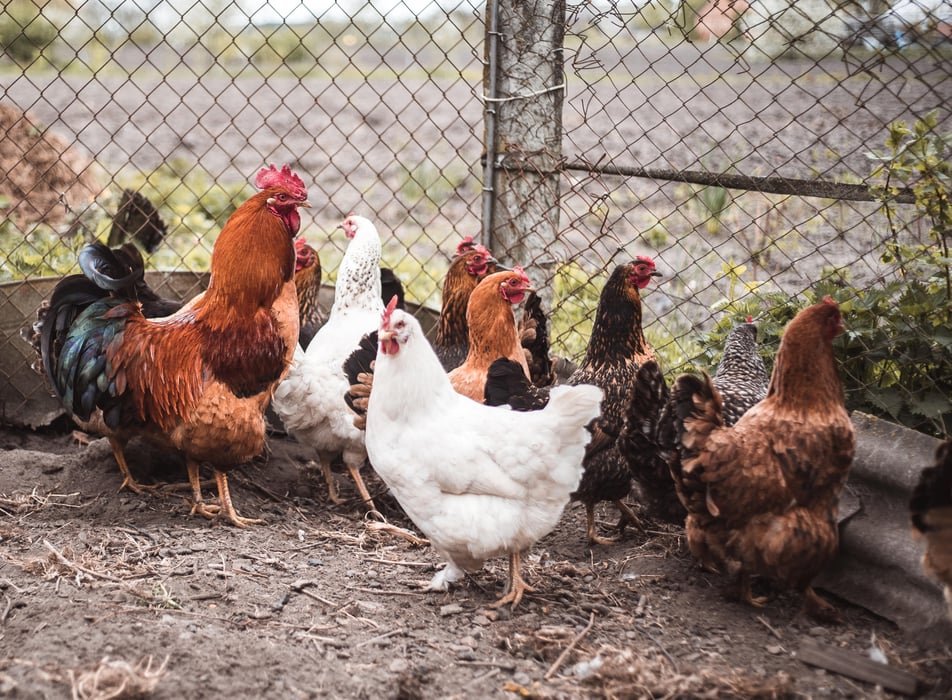Two Bird Flu Cases in Cambodia Did Not Spread Person-to-Person

THURSDAY, March 2, 2023 (HealthDay News) -- Two cases of bird flu in Cambodia, in a girl and her father, were not spread from one to the other.
Both got the virus from poultry, according to health officials, easing concerns about a potential public health crisis, the Associated Press reported.
The 11-year-old girl died Feb. 22 at a hospital in the capital, Phnom Penh. She was from the southeastern province of Prey Veng.
Shortly before her death, the girl tested positive for type A H5N1 bird flu, the AP reported.
Her father tested positive the day after her death. AP reported that he was isolated until he had no strong symptoms and three negative tests, then released.
Cambodia's Health Ministry said both had “been infected from poultry at their village, and there is no indication or evidence that there was infection from father to daughter.”
The World Health Organization, the U.S. Centers for Disease Control and Prevention and health officials in Cambodia concluded the infections were spread by poultry, said Health Ministry spokesman Ly Sovann.
The strain that killed the girl was different from the bird flu circulating worldwide among wild and domestic birds, virologist Erik Karlsson told the scientific journal Nature in an interview. Karlsson is with Pasteur Institute of Cambodia in Phnom Penh.
The strain is, instead, part of a virus group that has been found in chickens and ducks in the region for at least a decade, the AP reported.
The girl was the first person known to contract the virus in Cambodia since 2014.
Karlsson said it was unclear why the girl would have caught the virus after such a long time with no cases. It may owe to “a lot of global changes in agricultural practices owing to the COVID-19 pandemic that could have created the conditions for a spillover,” he said.
“We know that, in Cambodia, the pandemic increased the amount of backyard poultry farming," Karlsson said in the Nature interview, noting that many people, such as tour guides, couldn't work and had to supplement their incomes and food sources.
"All over the world, people are still struggling, which has resulted in changes in agricultural practices that can increase spillover risk," he added. "And changes to people’s health, for example malnutrition or being overweight, can make people more susceptible to getting infected.”
While Cambodian health officials tested more than two dozen villagers, no others were found to carry the virus, the AP reported.
More information
The U.S. Centers for Disease Control and Prevention has more on bird flu.
SOURCE: Associated Press
Related Posts
Uno de cada cuatro padres de EE. UU. mintió sobre el estatus de COVID de su hijo
LUNES, 6 de marzo de 2023 (HealthDay News) -- Las autoridades de salud pública...
Pegozafermin Leads to Improvements in Fibrosis in NASH
FRIDAY, June 30, 2023 (HealthDay News) -- For patients with biopsy-confirmed...
Bariatric Surgery Tied to Less Medication Use Over 15 or More Years
FRIDAY, May 26, 2023 (HealthDay News) -- Patients undergoing bariatric surgery...
Apoyar al corazón para ayudar a aliviar la COVID prolongada
MIÉRCOLES, 16 de febrero de 2022 (HealthDay News) -- ¿Podría una terapia que se...
